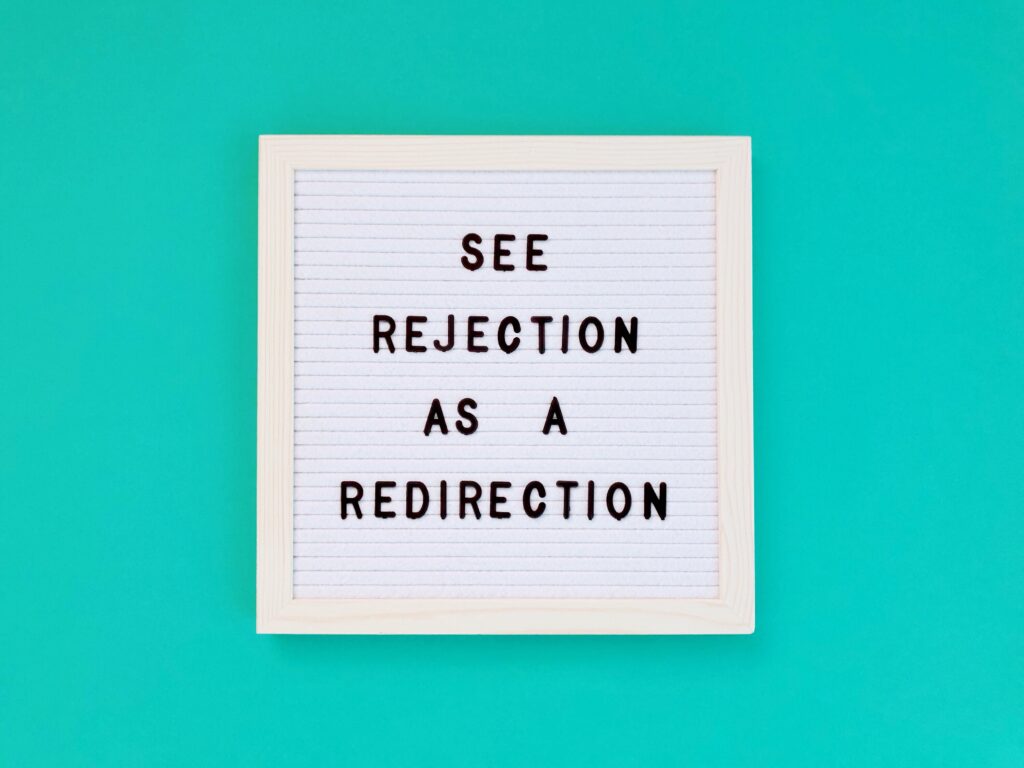There are hundreds of summer programs out there, from camps run by your local library to research lab positions in top universities where you get to assist with cutting edge discoveries. We’ve talked about these before, covering what kinds of programs exist and how you should spend your summer, but there is another thing which we must consider: what if you aren’t accepted into any summer programs? Many summer programs are quite competitive, especially the most prestigious ones. Even ones which are less well known often don’t have guaranteed admissions; there are only so many seats available, so not everyone gets one. This can create all kinds of headaches for students, who now have their well-laid plans for summer completely upended. In this article, we’re going to cover why these rejections happen, and what to do about it if this happens to you. We’ll also cover some strategies on preventing something like this from being an issue for you. Let’s jump right in!
Why do Summer Programs Reject Students?
This is the first thing, and the question many students ask themselves. After all, you’re a great student, you’ve done some very impressive things, so why would a summer program reject you? The answers can vary a lot by program, so we’ll go through the most common reasons we hear from people who administer these programs.
Competitive Admissions Pool: Many summer programs are quite popular, getting hundreds of applicants for dozens of spaces. While they may want to admit all qualified students, they are not able to, and some students simply need to be cut for reasons of space.The more competitive programs also attract the most qualified applicants, making admissions even more competitive.
Poor Fit: You may be highly qualified, but not specifically in the way the program is looking for. Many programs, especially competitive research ones, want students who have specific backgrounds and experiences. If you have great qualifications that are only tangentially relevant, then summer programs may go for someone they perceive as a better fit.
Application Issues: Summer program applications are similar to college applications in a lot of ways, and like college applications issues with your application are one of the key reasons for a rejection. This can be anything from poorly written essays, to an ill-formatted resume, to just not including a component they wanted you to have. These applications are not formalities, but a key process, and you should approach them with that in mind.
AI Usage: As concerns about the use of AI by students spread, many summer programs are adopting rules that any AI usage in applications will see them summarily rejected. This is mirroring rules colleges are adopting, but these are often not obvious to students. This won’t be a concern for every student of course, but is something to keep in mind, especially when we discuss prevention.
Post Rejection: Now What?
These are the reasons why your applications may be rejected, but generally this only happens once or twice. If it happens every time, then it is time to do a post mortem, to figure out what went wrong, and look to make sure the same issues don’t arise in the future.
The first step is to go over your application materials again, and compare them to what programs ask for. In many cases you may simply have been unlucky, but this can also show you potential shortcomings that it would be valuable for you to learn from and correct. After all, you don’t want to repeat the same mistakes on college applications once they arrive.
Next, you need to figure out what you’re going to do during your summer. This is something of a challenge; after all, all of your first (and second, and third) choices said no, and now it’s getting pretty late in the game. Luckily, there are still some options available to you; they just might take a bit of finagling.
Other Summer Programs: Some summer programs have much later application deadlines than others. These are usually not the top tier programs, but can still be valuable; generally ones which involve taking courses on a college campus. These are good, but perhaps not quite as exciting as what you originally had in mind.
Work: Jobs, especially jobs which primarily hire teenagers, are almost always hiring. These are often not life changing or particularly exciting opportunities, but they can still be a valuable experience (and having some extra money to spend can be nice). We completely understand if this is not how you prefer to spend your summer, but holding a job can add depth to a college application, showing you were able to handle the responsibilities of the real world.
Independent Projects: You can always make a summer program of your own of course, though this takes far more effort and willingness to put in work. This is more accessible for some areas of interest than others, but most students can attempt a research project, or build something that relates to their core fields of interest. If you are willing to put in the work and hours required, this can be a good way to impress colleges.
Regardless of what option appeals to you, you should make certain to do something with your summer, even if it is just simple volunteering or activities in your local community. The only wrong move, from the perspective of colleges, is doing nothing. They want to see what your passions are, and having a passion for sitting around scrolling TikTok, while relatable, is not what they select for.
Avoiding Summer Program Rejections
If you do get rejected from every summer program you apply to, you do still have options. Your best option, however, is to not end up in this situation in the first place. In this section, we’re going to look at strategies you can use to avoid this sting of rejection, and increase your chances of getting into a great summer program.
Application Strategy: As with colleges, not all summer programs are equally competitive. This is true even of prestigious programs, simply because many options are not well known, and therefore do not see a glut of applicants despite the strength of their program.
Thus, as with colleges, we advise applying to a range of summer programs, some of which are more competitive and some are less. This is more work, of course, but greatly enhances your chances of getting into a decent program. You should also make sure to aim primarily for programs you are well positioned for, ones where your background compliments the aims of the program. This is especially true for the most prestigious programs.
Application Completion: The applications themselves are a key component of your success in admissions (which makes sense). When completing your applications, you want to focus on three things:
- Fit. What makes you a good fit for this program, and what makes this program a good match for your goals. You want to clearly detail how you will benefit from this program, and how it naturally supports your goals.
- Essays. Your essays should be well-written and polished, with clean grammar, and should expressively answer the prompts that are asked. You can (and should) reuse essays between applications, but should make sure each is edited significantly to fit the program you are using it for.
- Timing. Applications should be started and submitted well in advance of deadlines. While most programs do not use rolling admissions, the unstandardized nature of summer programs means you will have deadlines from December through March. You should track each, and make sure all application materials are submitted on time.
Program Research: Our final tip is to spend time researching programs, both those that are famous and well known, and ones which may be nicher, or only available to students in your local area. Universities often have programs for local students, and professors may be able to find something for you, if you take the initiative and reach out to them.
Fortune favors the bold, and by researching programs in depth, you will both find more that appeal to you, and be better positioned to complete their applications well when the time comes. This is also a lot of work, but by doing so you can create your own luck, and see far greater success at getting into a prestigious summer program.
Final Thoughts
Summer programs are a key part of what you do in high school, but you do not need to attend an elite summer program to get into a great college (and indeed, attending one does not guarantee you will get into a great college. It can definitely help, but it isn’t a sure thing). We hope this article has given you insight into what to do if you don’t quite manage to get into one of these elite programs, and how you can improve your overall odds of acceptance.
Applying to summer programs can be stressful, especially since these are due in the middle of the school year, in amongst the demands of homework and your other activities. That’s where Ivy Scholars can help. We have a broad knowledge of summer programs, and can help you find and apply to ones which exactly match your specific interests. Schedule a free consultation today to learn more about how we can help make your academic ambitions a reality.








